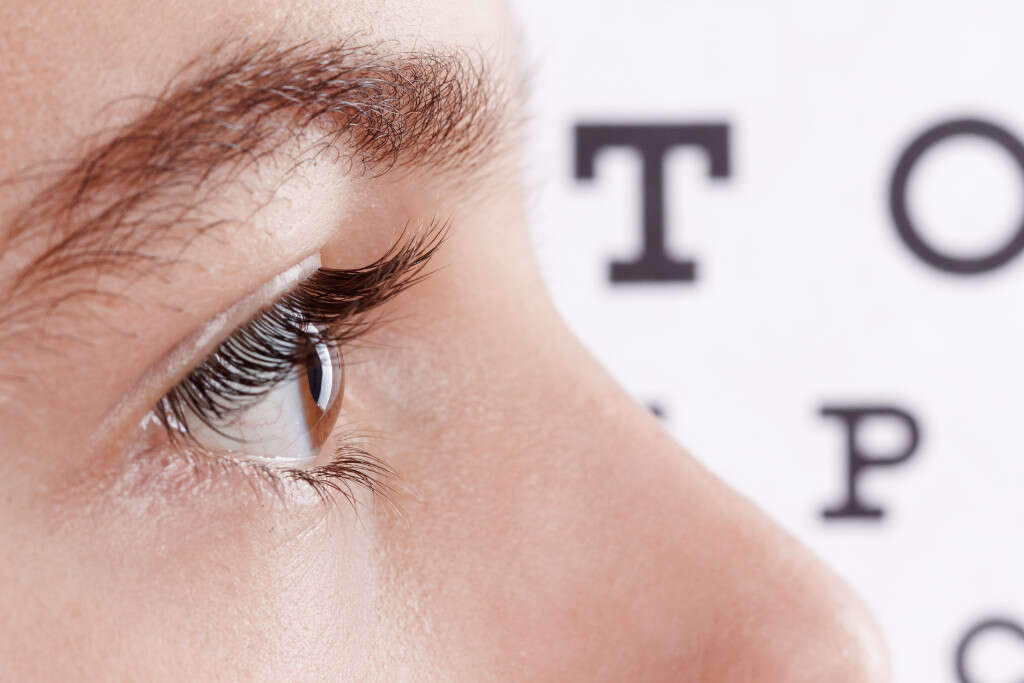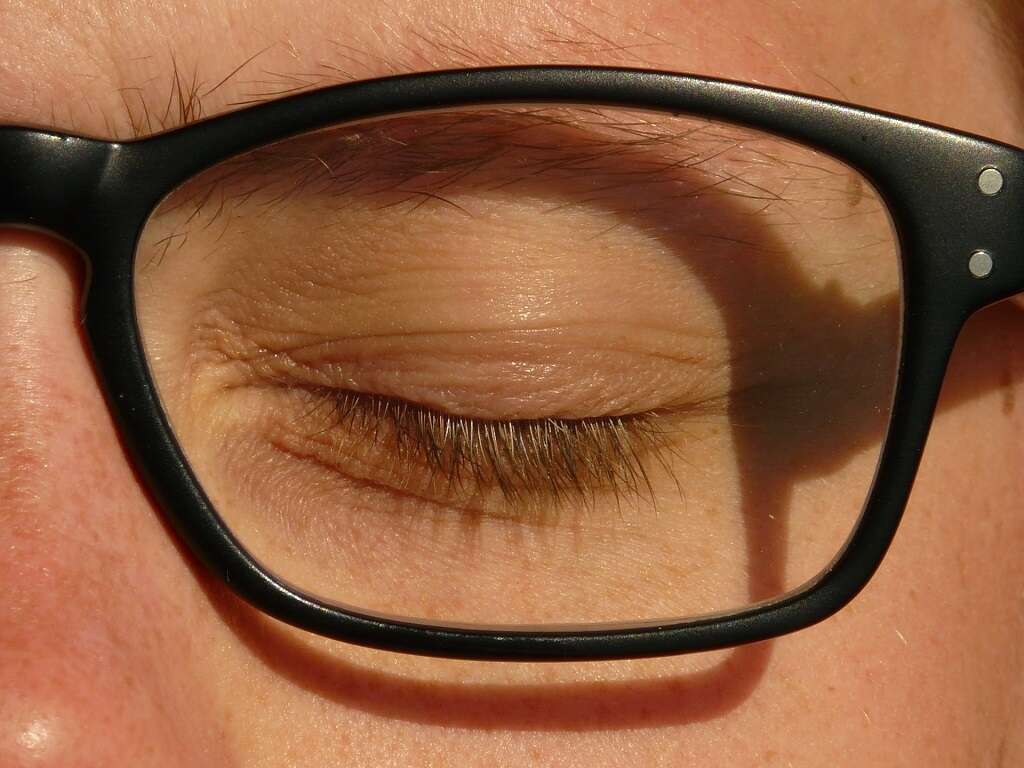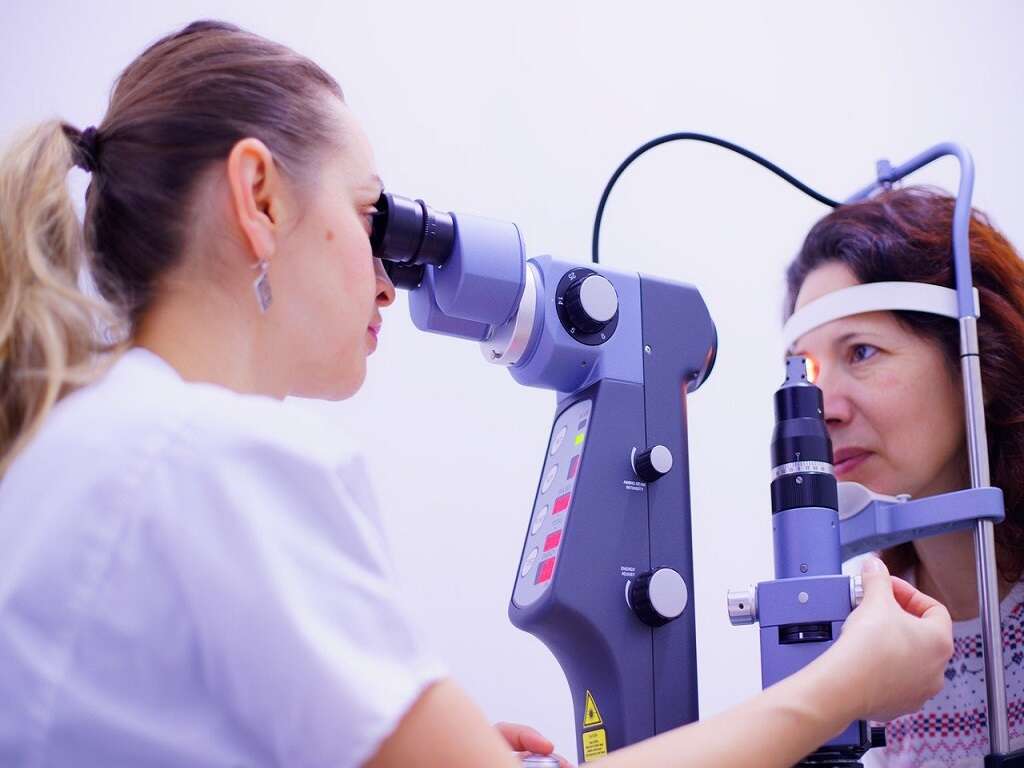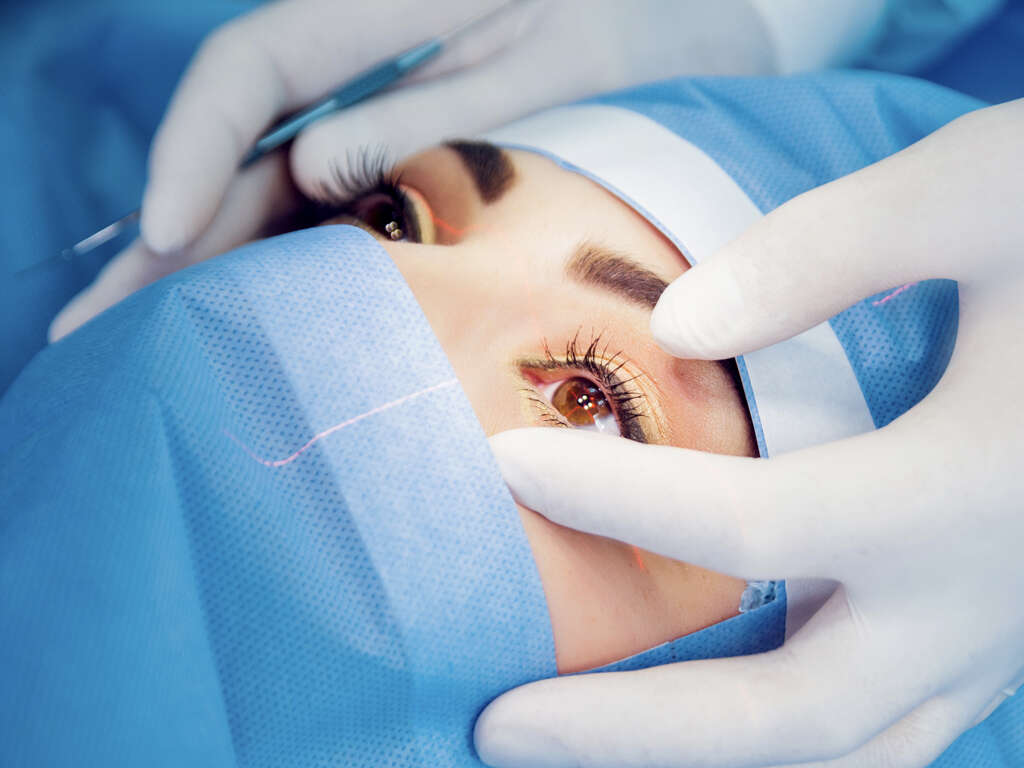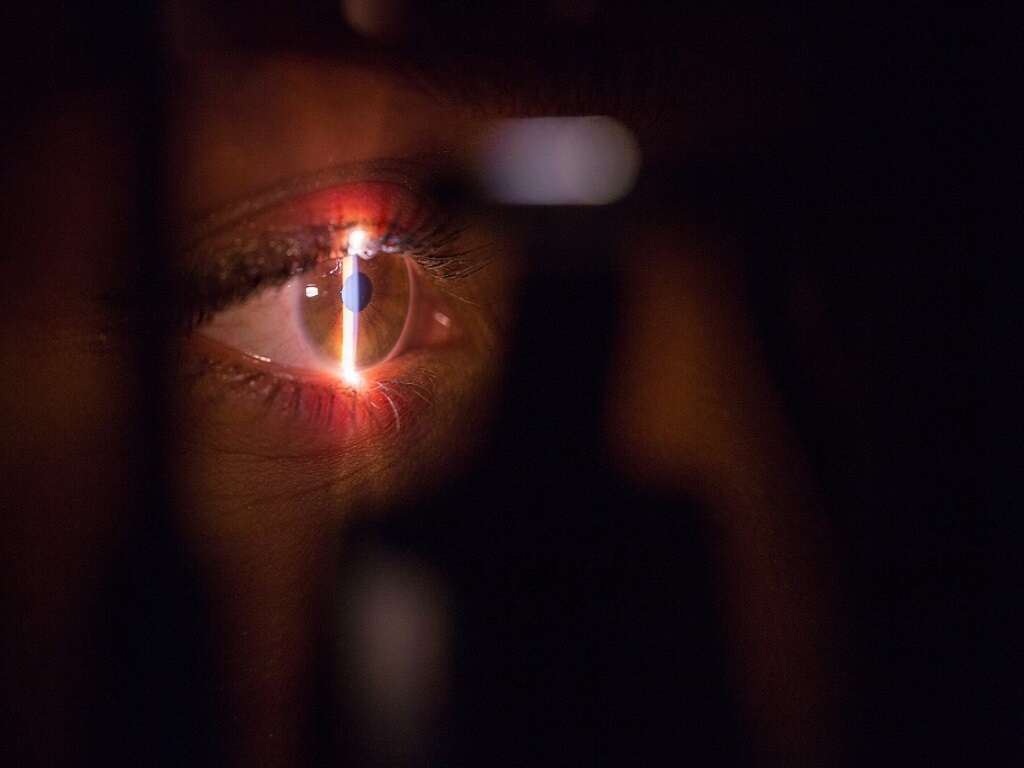10 Causes of Retinal Detachment
Retinal detachment is a serious vision problem that requires emergency attention. If not addressed immediately, it can lead to permanent vision loss. The condition occurs when part of the retina, the light-sensitive layer of tissue that lines the rear inner surface of the eye, detaches from the choroid layer. Retinal detachment cuts blood supply to the retina. Considering that the retina is critical for the processing of visual images sent to the brain through the optic nerve, a lack of blood supply means the retina can no longer work effectively.
Symptoms of retinal detachment include the appearance of floating particles within your visual area, flashes of light, and vision deterioration. The problem is more common in people aged 50 years or older, those with extreme near-sightedness, and those who have a family history of retinal detachment. What are the causes of retinal detachment? Let’s take a look at the most common conditions.
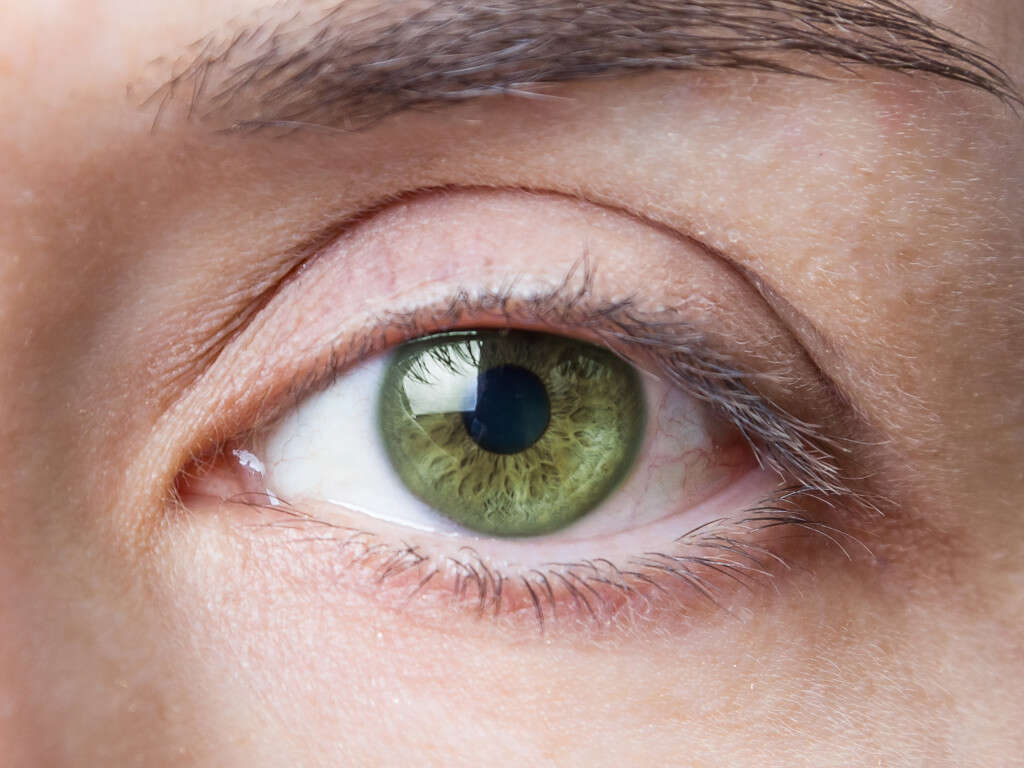
Cause #1: Changes In Vitreous
Vitreous is a clear jelly-like material that occupies the inside space of the eye. Because this material is clear, it lets light to pass through to the retina. However, if the viscosity of the vitreous changes, it can pull away from the retina. As this happens, the vitreous can cause parts of the retina to tear away, leaving behind some tiny wounds.
These wounds can cause the vitreous to leak through to the back of the retina. The resultant pressure behind the retina can cause retinal detachment. It is worth noting that changes in vitreous viscosity are more common in older people than in younger ones.

Cause #2: Blow To The Head
The Centers for Disease Control and Prevention (CDC) report that nearly 1.5 million people in the U.S. are treated for traumatic head injuries annually. Of these cases, a significant number also have vision problems emanating from the head injuries.
One of the eye problems that can arise as a result of a blow to the head is retinal detachment. This can happen in one or both eyes. Additionally, a blow to the head may also cause other vision problems like vitreous hemorrhage and optic nerve damage. Emergency treatment is required in all cases to reduce the risk of permanent vision loss.

Cause #3: Eye Injury
An injury to the eye can lead to retinal detachment. The injury may result from a blow to the head or directly to the eye. It may affect the retina directly or indirectly and may include increased external pressure on the eye that ultimately affects the retina.
Because detachment of the retina occurs when the retina peels off of the choroid layer, any significant eye injury, irrespective of whether there is visual damage or not, should not be ignored. Remember that even external pressure on the eye can lead to internal injury. Therefore, whether you receive a blow to the head or experience forceful pressure on the eye, visit a medical facility for examination and treatment if necessary. This is especially critical if you experience a vision change in one or both eyes.

Cause #4: Blood Vessel Changes
Changes in the blood vessels supplying the retina can lead to retinal detachment. Like other tissues in the eye and the rest of the body, the retina depends on oxygen and other nutrients transported within the blood supplied through blood vessels. Most cases of blood vessel changes occur with advanced age.
If changes such as narrowing or rupture of the blood vessels occur, they may no longer supply adequate blood to the retina. In such cases, the retina cannot perform at its optimum. Additionally, the retina may weaken in some parts, which may cause it to easily tear and leak the vitreous behind the retina, causing retinal detachment.
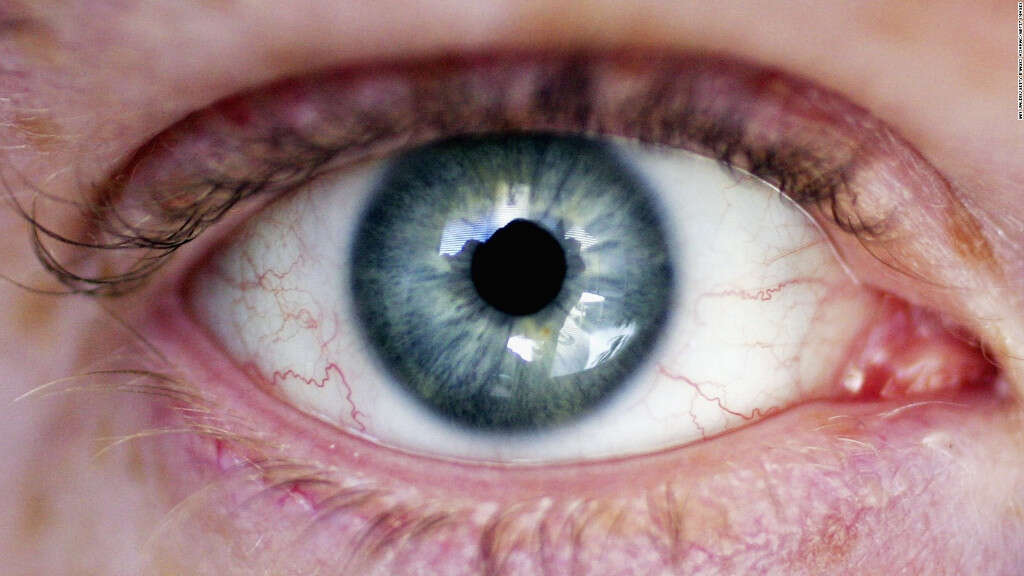
Cause #5: Infection Inside The Eye
Infections such as herpes simplex, herpes zoster and others caused by pathogens can affect the eye internally, including the retina. These pathogens can lead to infectious retinitis, which may present with symptoms like floaters, blurred vision, eye pain, and light sensitivity. Some infections inside the eyes may have been passed to a child congenitally. In such a case, the child’s eyes may be misaligned.
When infections in the retina go untreated, they can lead to more serious problems including retinal detachment. To prevent this, eye infections should be treated without delay. It is worth noting that, besides detachment of the retina, eye infections can lead to permanent loss of vision.

Cause #6: Inflammation Of The Retina
Inflammation of the retina, or retinal inflammatory disease, refers to swelling of the retina. This condition can occur at any age, although it is more common in people age 20-60. Causes of retinal inflammation include eye infections, trauma, exposure to toxins, and autoimmune disorders. In some cases, there is no apparent cause.
Inflammation of the retina can lead to vision problems such as blurred vision, floaters, sensitivity to light, eye pain, and loss of vision. If retinal inflammatory disease is not treated on time, it can lead to retinal detachment. It is therefore important to seek medical attention if you experience eye inflammation or symptoms of retinal inflammation.
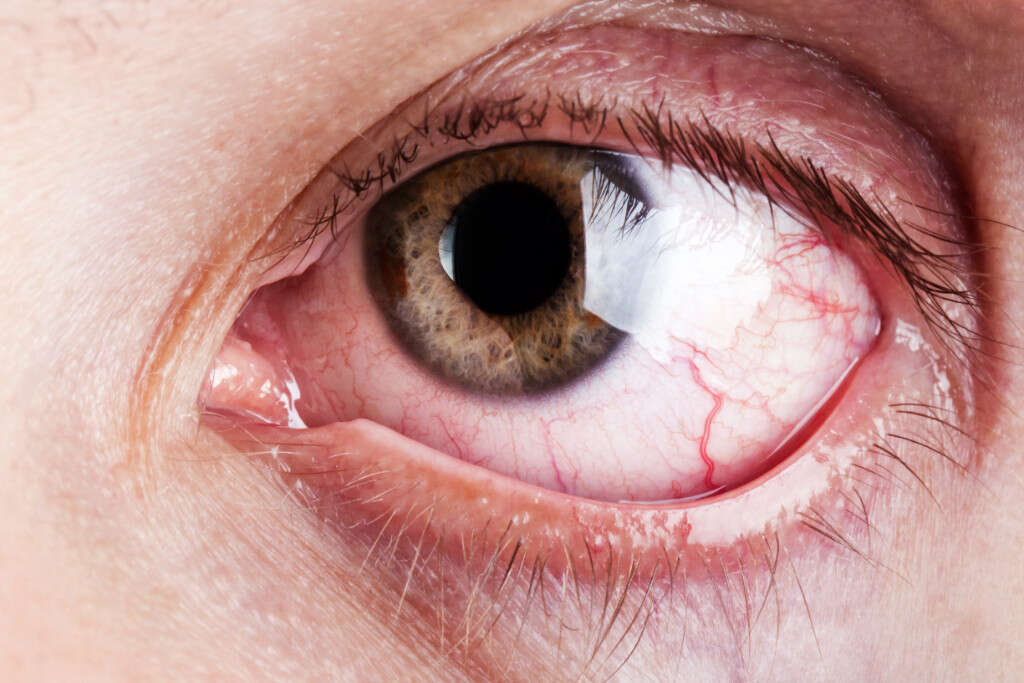
Cause #7: Uncontrolled Diabetes
Uncontrolled diabetes is associated with many health complications. It is also linked to vision problems, including retinal detachment. This type of detachment of the retina is known as tractional detachment, which may also be caused by conditions such as chronic inflammation or retinal surgery. Uncontrolled diabetes can lead to diabetic retinopathy, which causes swelling of blood vessels and growth of new blood vessels in the eye.
These changes in blood vessels can lead to retinal detachment. This is especially more likely if new blood vessels grow and anchor in vitreous. By anchoring in the vitreous while also attaching to the retina, these new vessels can lead to retinal detachment when movement of the vitreous pulls against the retina. It is critical to the protection of your eyes that you get treatment for diabetes and always follow the prescribed management methods.

Cause #8: Previous Eye Surgery
Surgery comes with its own risks. In the case of a person who has undergone an eye operation for certain conditions, such as the removal of a cataract, there is an increased risk of suffering from complications like retinal detachment. These conclusions have been made by treating patients who have had surgery and later suffer from retinal detachment.
The increased risk for retinal detachment has been linked to both pre-surgery factors like myopia, complications during surgery such as vitreous loss, or post-operative factors. The studies found that patients younger than 70 years old when they undergo eye surgery have a higher chance of suffering from retinal detachment.

Cause #9: Previous Retinal Detachment In Other Eye
Studies indicate that a person who suffered a retinal detachment in one eye may suffer a similar fate in the other eye. According to some studies, 7% of retina detachment cases will eventually involve both eyes. Therefore, while a previous case in one eye is not a cause of detachment in the other, it is a risk factor. Other risk factors include a family history of retina detachment, advanced age, extreme nearsightedness, previous eye surgery, and previous severe eye injury.
If you have experienced a previous retinal detachment, you should be on the lookout for possible symptoms in the other eye. You should also visit a doctor immediately if you suspect you have any symptoms of detachment. It is also a good idea to undergo regular eye check-ups if you are in the risk group.

Cause #10: Nearsightedness
While this is not a true cause of retinal detachment, people with extreme nearsightedness or high myopia are more likely to suffer from retinal detachment. Short sightedness occurs when the eye ball is lengthened backwards. This causes the visual image coming through the eye lens to be focused somewhere within the fluid of the eye instead of the retina. This is the reason why myopic people experience blurred vision. The condition is corrected with glasses or contact lenses.
Lengthening of the eye ball over time stretches the retina. Retinal stretching leads to weakening of the tissue and may tear or detach from the choroid layer. This is probably the reason why people with high myopia are more likely to suffer from retinal detachment.
